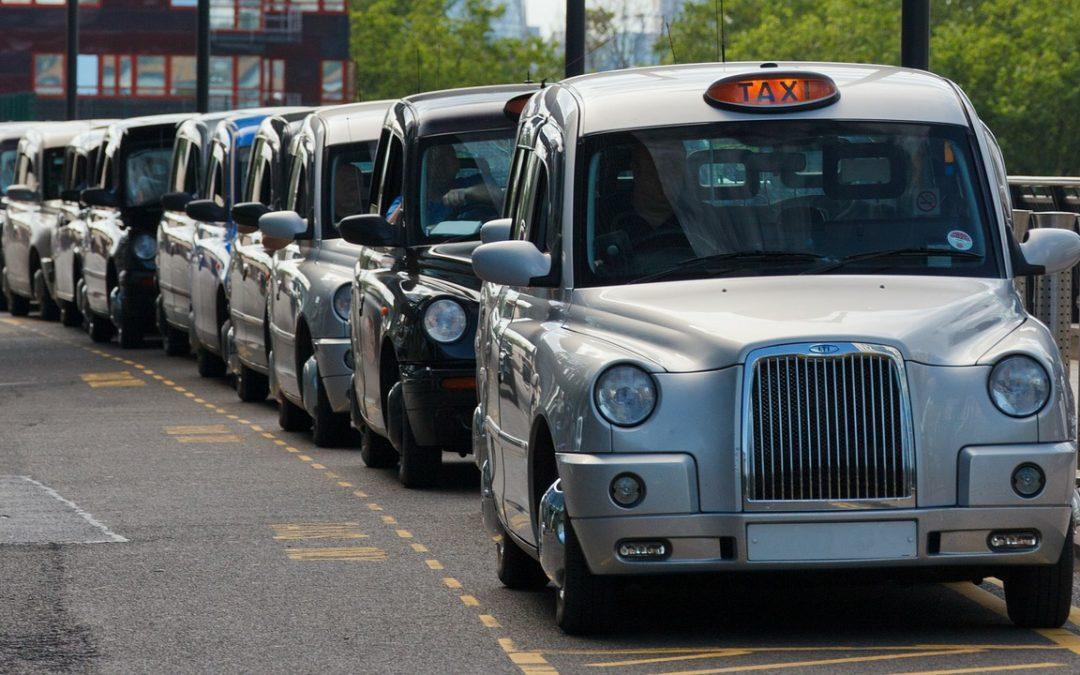Applying for a DBS Check for taxi drivers can be a complicated business – but it’s a crucial part of safeguarding passengers, so it’s important to get it right.
We’ve put together this blog to clear up the uncertainty and help make sure you’re applying for the right type of check.
Applying for a DBS Check for Taxi Drivers: the background
In 2012, the government amended the Police Act 1997 (Criminal Records) regulations to make all taxi and PHV drivers eligible for Enhanced DBS Checks.
These changes were introduced to improve passenger safety and minimise risk. Prior to this, only taxi drivers who regularly transported children or vulnerable adults were eligible for Enhanced Checks.
Applying for a DBS Check for Taxi Drivers: the eligibility
Applicants for taxi and PHV licences are eligible for an Enhanced DBS Check with a check of both the adults’ and children’s barred lists. This is the highest level of DBS Check available.
In most cases, an applicant must engage in regulated activity to be eligible for this type of check. However, it’s important to understand that taxi and PHV drivers are not engaging in regulated activity, even though they’re eligible for a barred list check.
The licensing authority must apply for this type of check on behalf of taxi and PHV licence applicants – the drivers cannot apply for the check themselves.
When applying for a DBS Check for taxi drivers or PHV driver, you should select ‘Other Workforce’ on the application form. It’s crucial that you select the right workforce type as it can influence the information that is revealed on the DBS certificate.
Applying for a DBS Check for Taxi Drivers who transports children
If a taxi or PHV driver picks up a child as part of their normal licensed taxi driving work, they are not engaging in regulated activity – even if the child is on their own.
A taxi or PHV driver will only be carrying out regulated activity if, as part of an arrangement or contract with a third party organisation, they drive a vehicle only for children (including anyone supervising or caring for the children) on more than three days in a 30-day period.
An example of this would be a taxi driver working under a contract with a school to take pupils to or from school.
In this case, the school would be the third party organisation, and would be responsible for carrying out the appropriate checks on any drivers they engage.
If a parent engaged a taxi driver privately to take their child to school, the driver would not be engaging in regulated activity as this would be part of their normal taxi driving work.
Driving children: the eligibility
Taxi and PHV drivers who engage in regulated activity with children, as detailed above, are eligible for an Enhanced DBS Check with a children’s barred list check. The DBS check must be carried out by the third party organisation.
If a driver transports children as part of a third party arrangement, but does it fewer than three times in a 30-day period, they will be eligible for an Enhanced DBS Check but without a barred list check. This is because they aren’t doing the activity often enough for it to be classed as regulated activity.
When applying for a DBS Check for someone who will be driving children (whether or not they’re a licensed taxi or PHV driver), you should select ‘Child Workforce’ on the application form.
Applying for a DBS Check for Taxi Drivers who transports adults
Guidance from the Department of Health specifically excludes licensed taxi and PHV drivers from regulated activity with adults. This means that taxi and PHV drivers will not be carrying out regulated activity, even if they meet the criteria.
However, there are specific circumstances where taxi and PHV drivers will be eligible for a DBS Check for driving adults. These circumstances are called ‘work with adults’.
A licensed taxi or PHV driver will be carrying out work with adults if they frequently drive adults who are in receipt of a health and social care service, or any activity specified in paragraph 9 or 10 of the Police Act 1997 (Criminal Records) regulations. You can see this list of activities in Annex 1 of the DBS Adult Workforce Guide.
In this case, ‘frequently’ means:
- More than three times in any 30-day period
- Overnight between 2am and 6am with the opportunity for face-to-face contact with the adult; or
- at least once a week on an ongoing basis
As with driving children, a taxi or PHV driver must be doing this work as part of a third party arrangement for it to be classed as ‘work with adults’.
Driving adults: the eligibility
Taxi and PHV drivers who carry out work with adults, as detailed above, are eligible for an Enhanced DBS Check without a check of the adults’ barred list.
Remember, they’re not carrying out regulated activity, so there’s no access to the adults’ barred list.
Again, the DBS Check must be carried out by the third party organisation.
When applying for a DBS Check for someone who will be driving adults (whether or not they’re a licensed taxi or PHV driver), you should select ‘Adult Workforce’ on the application form.
Applying for a DBS Check for Taxi Drivers: Have we answered your questions?
We hope this guide has made things a bit clearer for you, but if you have any more questions please don’t hesitate to drop us a line – we’re always happy to chat!







